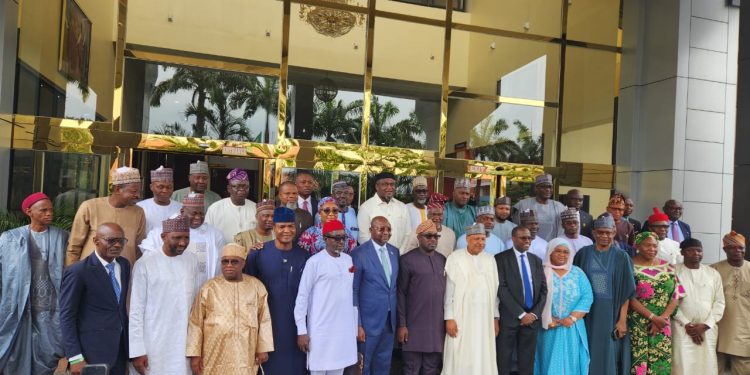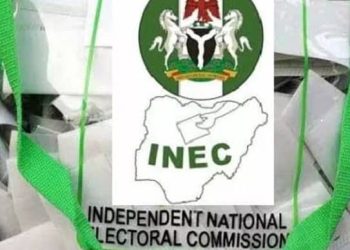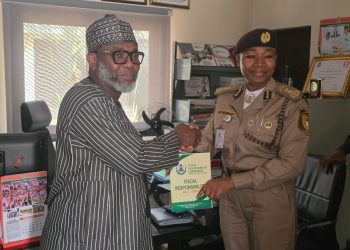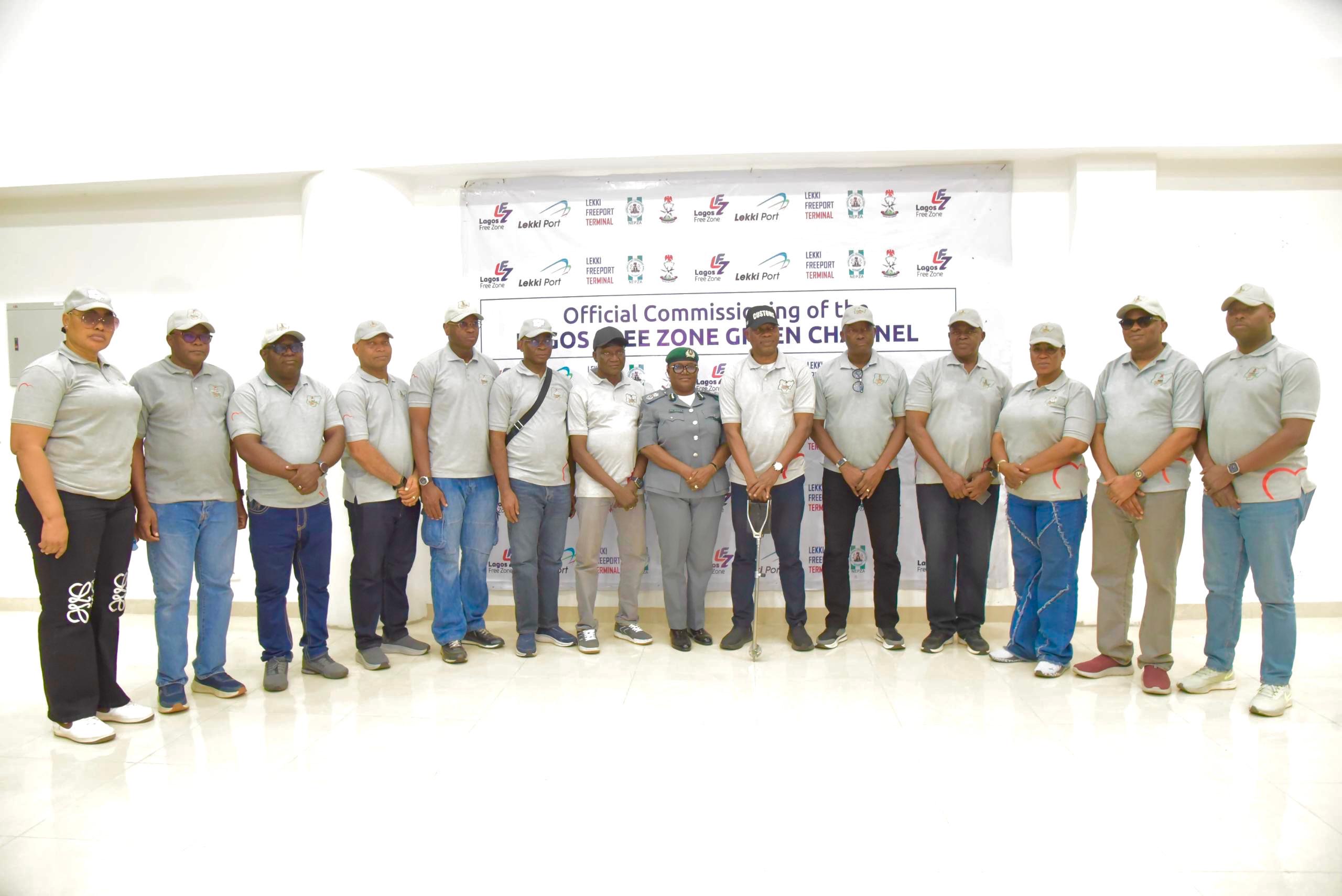By Nkechi Eze
Nigeria’s anti-corruption drive gained fresh momentum in Abuja as the Independent Corrupt Practices and Other Related Offences Commission (ICPC) convened a high-level Roundtable on agenda-setting for the strategic integration of State Commissioners of Information into the fight against corruption, with the theme, “Partnership for Strengthening Transparency and Accountability at the State and Local Government Levels through Strategic Communication.” The engagement drew Commissioners of Information from across the federation, federal information agencies, legislators, security and governance actors, and the media, all aligned on one message: corruption must be confronted where government meets the people at state and local levels, by building a culture of openness, credible information, and sustained citizen engagement.
Declaring the event open, the Special Guest of Honour and Minister of Information and National Orientation, Alhaji Mohammed Idris, charged sub-national information managers to become frontline partners of integrity systems. He urged Commissioners to institutionalize transparent communication practices within their states and councils, professionalize public information structures, and leverage radio, television and digital platforms to proactively publish decisions, budgets, and service-delivery results. He emphasized collaboration with ICPC and sister bodies, noting that strategic communication is not an afterthought but a governance tool that pre-empts corruption by closing information gaps, countering misinformation, and empowering citizens to demand accountability. He called for independence of mind, professionalism and consistency from public information organs, and encouraged States to deepen public-facing campaigns that simplify policies and demonstrate the tangible benefits of accountability.
In his opening remarks, ICPC Chairman, Dr. Musa Adamu, framed the Roundtable as a practical pivot from intention to implementation. He highlighted persistent integrity risks in public finance and service delivery and underscored why open, timely and accessible information at sub-national tiers is indispensable to prevention. He outlined ICPC’s growing focus on public engagement, strengthening citizen interfaces, improving reporting channels and feedback loops, and expanding partnerships with state information systems and the media to make transparency routine rather than episodic. He stressed that strategic communication must move beyond slogans to concrete practices: publishing data, disclosing projects, clarifying entitlements, and following up with consequences when rules are breached.
Delivering a goodwill message on behalf of the Presidency, Sunday Dare underscored the centrality of values, civic reorientation and credible storytelling in the anti-corruption ecosystem. He cautioned against the corrosive effects of both corruption and the perception of impunity, urging communicators to champion integrity, elevate evidence over speculation, and use compelling public-interest narratives that mobilize communities rather than merely policing them. He advocated coordinated, creative, state-led communication strategies that reinforce investigations, deterrence and reforms.
The legislature signalled support through the Chairman, Senate Committee on Anti-Corruption and Financial Crimes, Senator Emmanuel Udende, represented by Barrister Emenike Ubok, who pledged cooperation on frameworks that equip state information systems with the tools they need to institutionalize openness. He called for broad coalitions citizens, civil society and the media to translate transparency from policy language into community-level practice, and urged participants to take the Roundtable outcomes into actionable state programmes that close leakages and illuminate government processes at ward and council levels.
From the frontlines of sub-national governance, the Borno State Commissioner for Information and Internal Security, Professor Usman Tar, affirmed the resolve of state authorities to embed anti-corruption messaging within their routine communications. He highlighted ongoing efforts to codify local policies that promote disclosure, protect hard-won gains in security and recovery, and keep citizens informed about government priorities and deliverables. He pledged to strengthen community-based channels that carry clear, consistent information to residents, reinforcing public trust and civic vigilance.
Institutional partners reinforced the communication backbone of the effort. Represented by the Director of Special Duties and Zonal Coordination, David Apochi, the Director-General of the National Orientation Agency, Mallam Lanre Issa-Onilu, outlined a renewed civic-education push from schools to communities, using nationwide outreach networks, structured programmes and partnerships that inculcate values of honesty, duty and service. He noted that sustained, age-appropriate civic content and local language programming are key to shaping public attitudes that reject graft and reward integrity.
The Director-General of Voice of Nigeria, Mallam Jibril Baba Ndace, assured state commissioners that VON stands ready to amplify state-level transparency initiatives to international and diaspora audiences. He stressed that public broadcasting must go beyond relaying policies to curating content that improves lives, promoting destinations and development stories, providing a platform for states to speak to citizens and investors, and rebuilding Nigeria’s image through credible, people-centred reportage.
Rounding out the broadcast pillar, the Director-General of the Federal Radio Corporation of Nigeria, Dr. Mohammed Bulama, described communication as a catalyst for national transformation when platforms are used responsibly, voices are included, and narratives are anchored in purpose. He emphasized that because states and local governments are closest to the people, transparency at these tiers is decisive for trust and development. He pledged FRCN’s partnership with ICPC, civil society and community stakeholders to keep the airwaves open for enlightenment, scrutiny and civic engagement, highlighting successes, exposing misconduct, and sustaining platforms where citizens can demand better.
Across the hall, a clear consensus emerged: to defeat corruption at the roots, Nigeria must mainstream transparency into everyday governance through professionalized public information systems, citizen-first storytelling, and reliable disclosure of what government plans, funds and delivers. The Roundtable’s agenda, strategic integration of state commissioners of information sets a practical path to that end, aligning federal vision with state-level execution and media reach. As participants moved to distil next steps, the charge was unmistakable: turn this partnership into sustained state and local practices that make secrecy difficult, make accountability routine, and make integrity the expectation rather than the exception.















